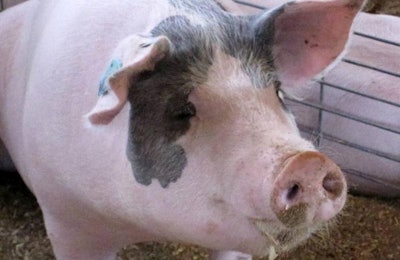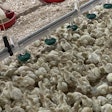
By 2050, the world's food producers will have 9 billion mouths to feed. While sustainably producing more food is one part of the solution, making better use of existing food is critical to easing pressure on land use and natural resources.
Although waste occurs at every link of the pork chain, with the vast majority of waste happening at the consumer level, retailers play a crucial role in reducing waste from farm to fork.
In the UK alone, retailers waste about 72,000 tons of fresh meat annually, more than a third of which is pork.
The Waste and Resources Action Programme (WRAP), a non-profit working on behalf of UK governments to tackle waste, says there’s no single cause of waste in the sector, but factors related to supply management, shopkeeping and operations all contribute to the problem.
But how exactly can retailers tackle the issue of reducing waste, particularly in the pig-meat sector? Previous studies have indicated there are several areas where retailers can make efforts — one being the relationships between retailers and suppliers.
Retailers and processors must forecast supplies to make sure supermarket shelves remain stocked, but without proper communication, oversupply can lead to waste.
Retailers are now being encouraged to work together with processors so they can work to order, rather than rely on forecasts, helping with production planning and reducing waste.
Read more on how retailers can improve reducing waste.

















